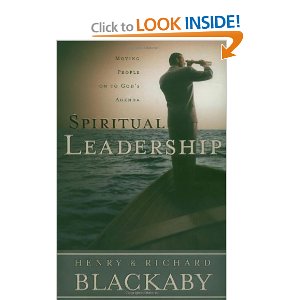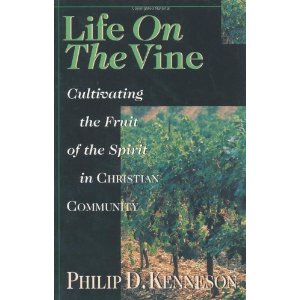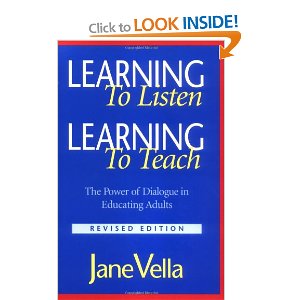
I cannot recall the last time I have ever heard anyone teach or preach about being Martha – myself including.
When reading Mirrored Reflections: Reframing Biblical Characters, ed. Young Lee Hertig and Chloe Sun, Beverly Chen went to lengths to show the importance of integrating both Mary and Martha’s characteristics in our lives. Chen explains how Mary’s strength of inward spiritual formation actually flows naturally into Martha’s strength of hospitality and outward ministry.
Personally, I tend to identify more with Martha – not necessarily in the aspect of hospitality, but in the aspect of valuing doing more than being. From both my Korean and Canadian culture, I constantly feel the pull toward producing, succeeding, and accomplishing things. However, one thing that I have learnt is the necessity of coming to Jesus Christ first before even thinking about doing anything else. As a result, in that sense, I am like Mary.
Who are you more like? Mary or Martha? Or both? If both, in what capacity?



